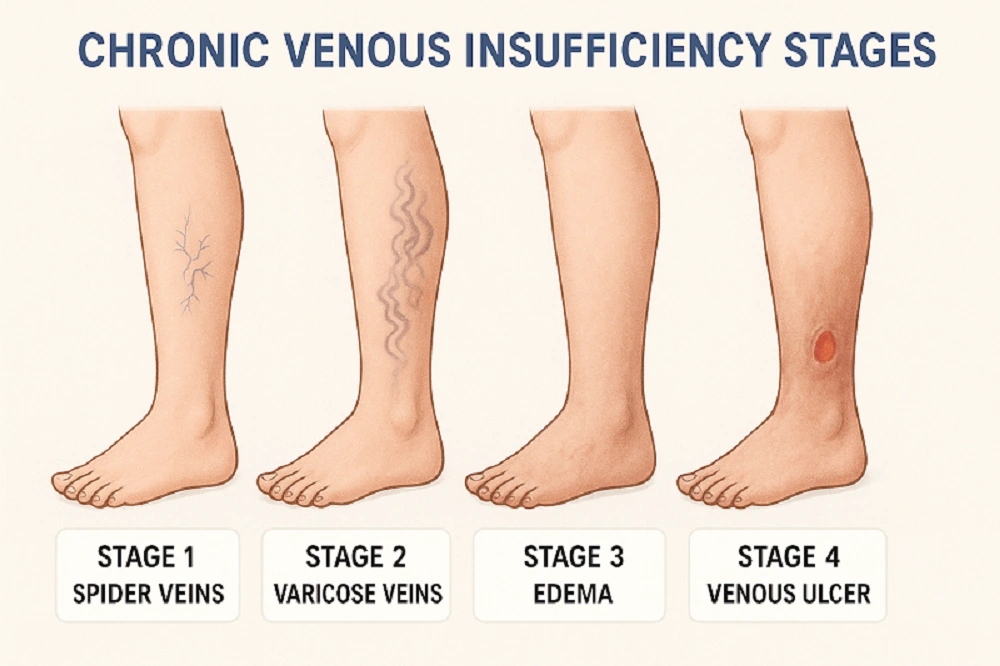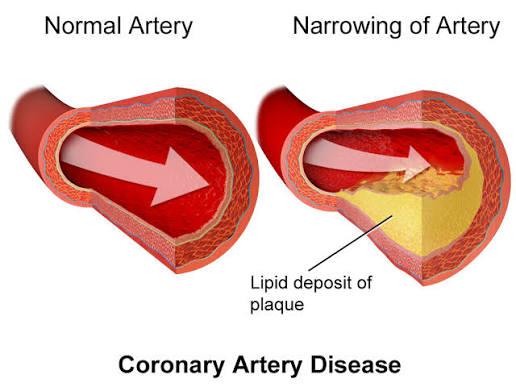
A patient diagnosed with polycystic ovary syndrome seeks advice on fertility options after trying to conceive for over a year without success. Which treatment should be considered first-line for inducing ovulation?
- (a) Clomiphene citrate ✓
- (b) Metformin
- (c) Gonadotropins
- (d) In vitro fertilization
Polycystic ovary syndrome (PCOS) is a common endocrine disorder that affects women’s reproductive health and can lead to infertility due to anovulation (lack of ovulation). When a patient with PCOS has been trying to conceive for over a year without success, it is essential to consider effective treatment options for inducing ovulation.
Step 1: Understanding the Options
The treatment options listed include:
(a) Clomiphene citrate – This is an oral medication that acts as a selective estrogen receptor modulator. It stimulates the hypothalamus to release gonadotropin-releasing hormone (GnRH), which in turn stimulates the pituitary gland to produce follicle-stimulating hormone (FSH) and luteinizing hormone (LH), promoting ovarian follicle development and ovulation.
(b) Metformin – This medication is primarily used to manage insulin resistance, which is often present in women with PCOS. While it can help restore normal menstrual cycles and improve ovulatory function, it is not primarily an ovulation induction agent.
(c) Gonadotropins – These are injectable hormones that directly stimulate the ovaries. They are typically considered when other treatments have failed or in cases of more severe infertility issues.
(d) In vitro fertilization (IVF) – This is a more invasive procedure where eggs are retrieved from the ovaries and fertilized outside the body before being implanted back into the uterus. IVF is usually considered after other less invasive methods have been exhausted.
Step 2: Evaluating First-Line Treatments
According to current clinical guidelines, clomiphene citrate is generally recommended as the first-line treatment for inducing ovulation in women with PCOS who are seeking fertility assistance. The rationale behind this recommendation includes:
- Efficacy: Clomiphene citrate has been shown to be effective in inducing ovulation in approximately 70-80% of women with PCOS.
- Safety Profile: It has a well-established safety profile compared to other treatments.
- Cost-Effectiveness: As an oral medication, it is typically less expensive than injectable gonadotropins or IVF procedures.
While metformin may be beneficial for improving insulin sensitivity and regulating menstrual cycles, it does not directly induce ovulation as effectively as clomiphene citrate. Gonadotropins and IVF are usually reserved for cases where clomiphene citrate fails or when there are additional complicating factors affecting fertility.
Conclusion
Given these considerations, the first-line treatment option for inducing ovulation in a patient diagnosed with polycystic ovary syndrome who has been trying to conceive for over a year without success should be:
(a) Clomiphene citrate







